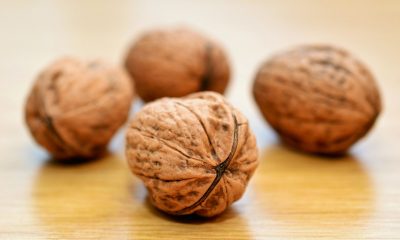Consuming prunes every day may have benefits for postmenopausal people. It may aid bone health and reduce the risks of osteoporosis.
Osteoporosis is the condition wherein the bones become fragile, making them more likely to break. Often, the condition gets diagnosed after a fall and the impact causes a bone to break.
In the U.S., about 13.6 million people over the age of 50 are estimated to develop osteoporosis by 2030, the American Physiological Society (APS) noted in a news release.
As the organization explained, those experiencing menopause tend to have lower estrogen levels, increasing inflammation in the body and contributing to bone loss. In a previous study, it has been shown that the polyphenols in prunes can “promote lower levels of oxidative stress and inflammation in a type of bone cell called osteoclasts.”
For a recent work, to be presented at the APS annual meeting at Experimental Biology, a team of researchers conducted a study on three groups of postmenopausal women whose bone mineral density scores were considered low.
One group ate 50 grams of prunes a day or about six pieces of prunes each day for 12 months. Another group ate 100 grams of prunes, which is about a dozen prunes per day during the period. The third group did not eat prunes.
When they compared the blood samples of the participants before and after the nutritional intervention, they found that both of the groups that ate prunes had “significant” reductions in inflammatory markers compared to the group that did not eat prunes.
“Our findings suggest that consumption of six to 12 prunes per day may reduce pro-inflammatory mediators that may contribute to bone loss in postmenopausal women,” study first author Janhavi Damani said, as per the APS news release. “Thus, prunes might be a promising nutritional intervention to prevent the rise in inflammatory mediators often observed as part of the aging process.”
Indeed, the food that people eat can contribute to health, including bone health. Some other foods that are said to be good for bone health and can help combat osteoporosis include oranges and orange juice, dairy products such as milk, cheese and yogurt, fish such as canned salmon and sardines and vegetables including kale, okra, papaya and spinach.
Eggs are also a good source of vitamin D, protein and essential minerals such as zinc, magnesium and calcium, while soy contains plant-based proteins as well as omega-3 fatty acids.
















